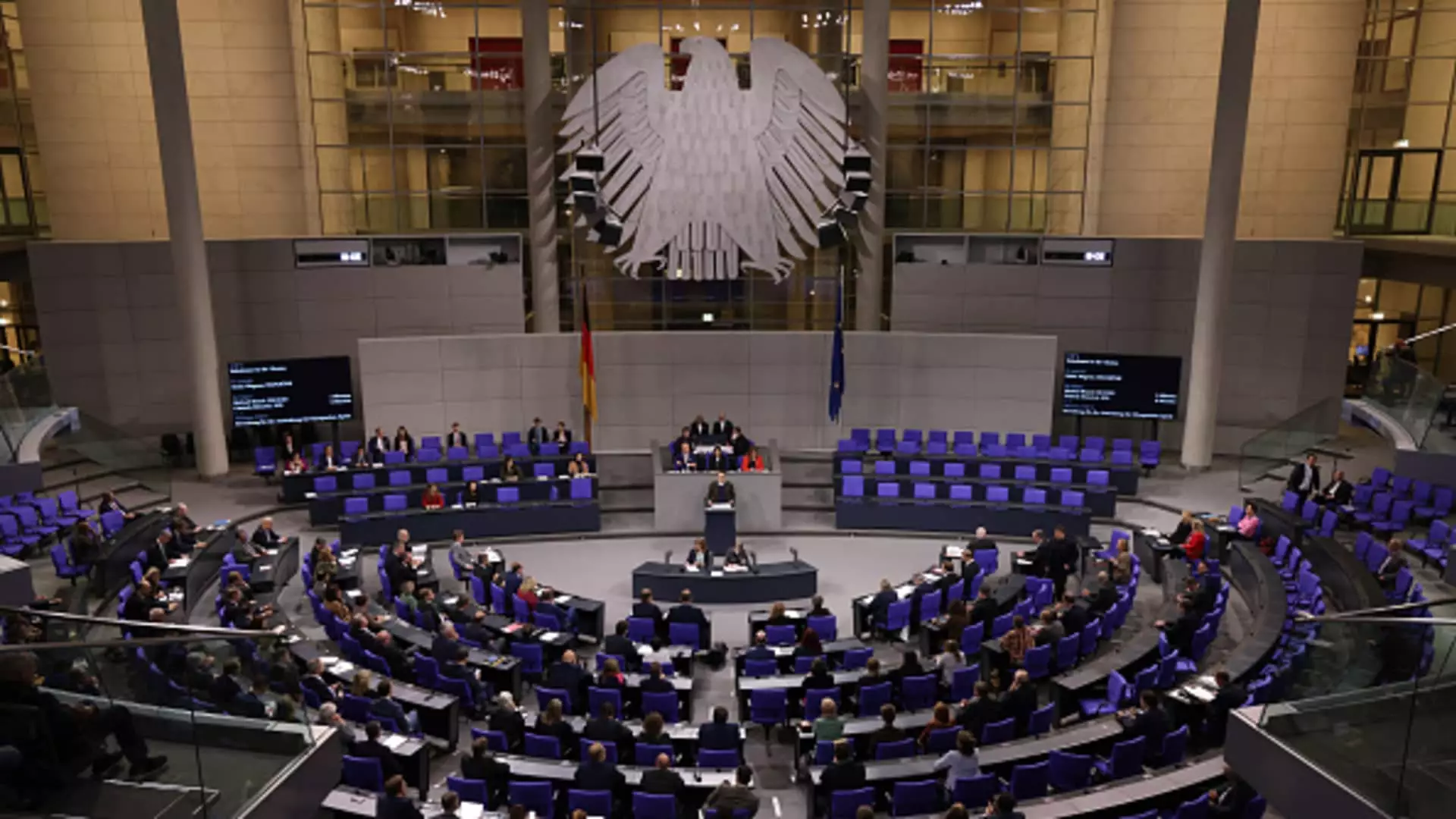Germany is currently grappling with a significant political upheaval following the dissolution of its lower house of parliament by President Frank-Walter Steinmeier. This decisive action sets the stage for snap elections scheduled for February 23, aiming to restore stability after Chancellor Olaf Scholz’s coalition government faltered. As a nation confronting various challenges, both domestic and international, Germany’s upcoming elections represent more than just a political maneuver; they symbolize a critical juncture where effective governance and public trust are profoundly at stake.
Chancellor Olaf Scholz, a member of the Social Democratic Party (SPD), recently endured the collapse of his coalition government after losing a confidence vote in parliament. This political misstep followed the unexpected departure of the Free Democratic Party (FDP) led by Finance Minister Christian Lindner, stripping Scholz’s administration of its legislative majority. The fallout from the vote has not only catalyzed the decision for early elections but also instigated an immediate electoral campaign. The environment is tense, with conservative frontrunner Friedrich Merz seizing the opportunity to criticize the Scholz administration’s approach to governance, claiming that excessive regulations have hindered economic growth.
The impending snap elections mark an urgent response to calls for a stable and capable government. President Steinmeier emphasized the necessity of “reliable majorities in parliament,” highlighting the importance of having a functioning government, especially during challenging socio-economic times. The manifesto for these elections is shifting; voters are looking for problem-solving and actionable governance, a call that Steinmeier articulated with clarity. As the German electorate prepares for the election process, there is an underlying need to foster a political atmosphere that prioritizes fairness and transparency—elements that are paramount for upholding the integrity of democracy.
In his remarks, President Steinmeier did not shy away from addressing the potential threats posed by external influences during the election campaign. He pointed to recent incidents where covert manipulations, such as seen in Romanian elections, have undermined democratic processes. Particularly alarming are the overt and intensified attempts at influencing voter sentiment through social media platforms, which have emerged as battlegrounds for political narratives. This concern resonates widely, considering the rising prominence of social media in shaping public opinion and political discourse. Therefore, ensuring a secure and transparent electoral process is critical to safeguarding democracy.
As the political landscape evolves, parties will need to navigate a complex terrain, particularly with the far-right Alternative for Germany (AfD) gaining traction, often overshadowing the SPD in public sentiment. The traditional parties’ reluctance to engage with the AfD presents challenges in forming stable coalitions, which can potentially lead to fragmented governance. The political stakes have never been higher, and how the major parties position themselves throughout this period will significantly influence Germany’s future trajectory.
In the lead-up to the February elections, it remains crucial for all political entities to commit to genuine democratic principles, ensuring that voter interests and voices are prioritized in shaping Germany’s governance for the coming years.

Leave a Reply